Keywords: Un Security Council
-
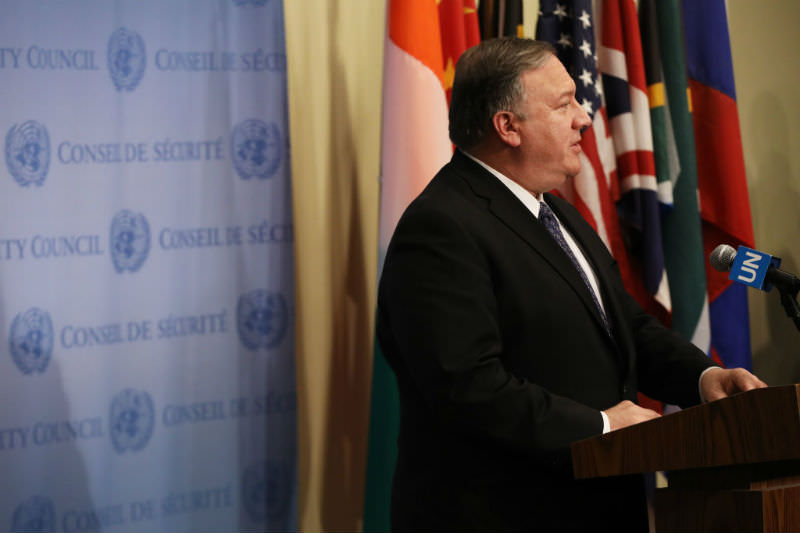
ECONOMICS
- David James
- 30 January 2019
14 Comments
If you wish to peer into the heart of darkness, the nexus between big oil and big money is a good place to start. Those who control the energy market and the financial markets control the world. The latest victim of this brutal intersection is Venezuela, a country that has made the mistake of having the biggest oil reserves in the world.
READ MORE 
-
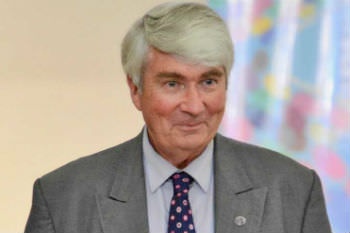
RELIGION
- Frank Brennan
- 23 July 2018
4 Comments
I can personally attest that Philip Wilson has been one of the good shepherds in recent years when dealing with the plague of child sexual abuse. But as a young priest in Maitland-Newcastle back in the 1970s, it turns out that he heard things that make you feel sick in the stomach and tormented in the head all these years later.
READ MORE
-
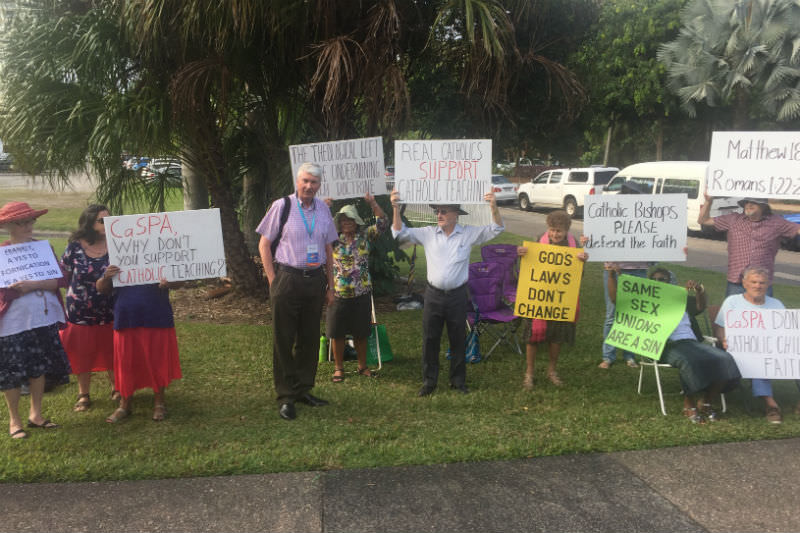
RELIGION
- Frank Brennan
- 16 July 2018
3 Comments
'Kristina Keneally was unapologetic in putting the place of women in our church front and centre. And so we should.' Tropical and Topical, 2018 National Catholic Principals' Conference, Cairns Convention Centre, 16 July 2018.
READ MORE
-
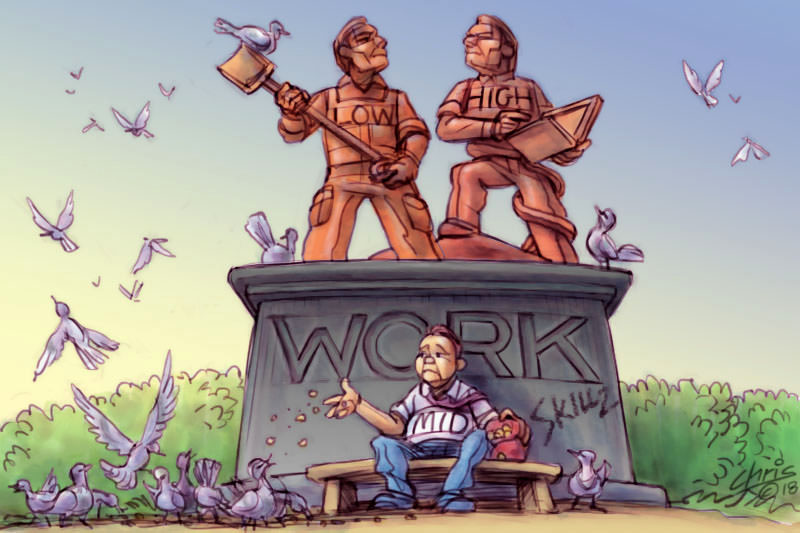
AUSTRALIA
While the threat from automation is often overstated, there are big technological shifts occurring which are undermining job security. But the experience is that work is created as well as displaced by new technology. Change in social relationships, not technology, explains what is happening in labour markets today.
READ MORE 
-

AUSTRALIA
- Madeline Gourlay
- 18 May 2018
8 Comments
Widespread community concern about the state government's proposed plans to sell the majority of public land on existing public housing estates for private development has meant a public inquiry into the matter will be delayed. This sell-off may be more concerned with profit than with rebuilding and improving public housing estates.
READ MORE 
-
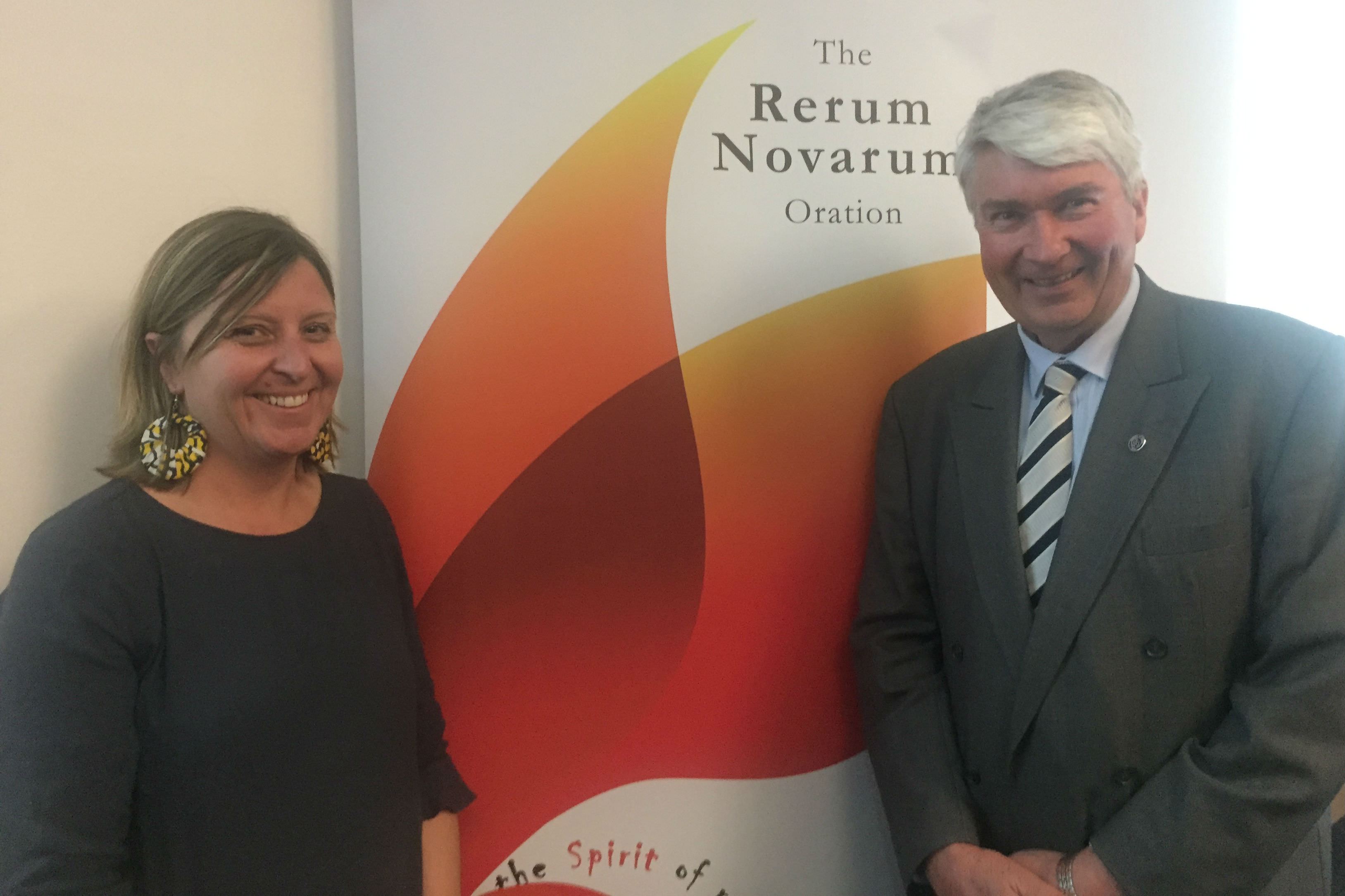
RELIGION
- Frank Brennan
- 08 November 2017
'We need to recommit to work for all those who are able and willing. We need to recommit to social assistance for all those who are not able. We need to ensure that a life of frugal dignity is within the grasp of all citizens.' 2017 Rerum Novarum Oration by Fr Frank Brennan SJ
READ MORE
-

INTERNATIONAL
- Binoy Kampmark
- 04 September 2017
8 Comments
In Australia, the reactions have been far from mild. Malcolm Turnbull was less than reassuring, suggesting the un-testable notion that the Korean peninsula was closer to conflict than at any time since the Korean War. The converse, if counter-intuitive argument can be made: that the peninsula is being made safe from war through this aggressive pursuit of nuclear arms. This is not a view deemed acceptable to officials in Washington and Canberra but is entirely realistic given Pyongyang's aims.
READ MORE 
-

MEDIA
Last week I was rung to say my dog was missing. I finished at work as soon as I could, ringing the local council and neighbourhood vet on the way home. Neither had seen anything of him but suggested we post on social media. As my husband and I drove and walked the streets, the messages came in. People were concerned. He was missing from an enclosed yard. Some offered to look, others from further away, shared hope and the Facebook post. The post went everywhere, the last I saw was in Western Australia.
READ MORE 
-

ARTS AND CULTURE
- Megan Graham
- 16 August 2017
One lone man daring to interfere with the evil plans of the rich and powerful: it’s not exactly a new angle, but there are a few scraps of satisfaction to be found in Joel Hopkin’s latest film Hampstead – just not in the realm of originality. It’s a sleepy story that meanders along with a mildly pleasant mediocrity.
READ MORE 
-
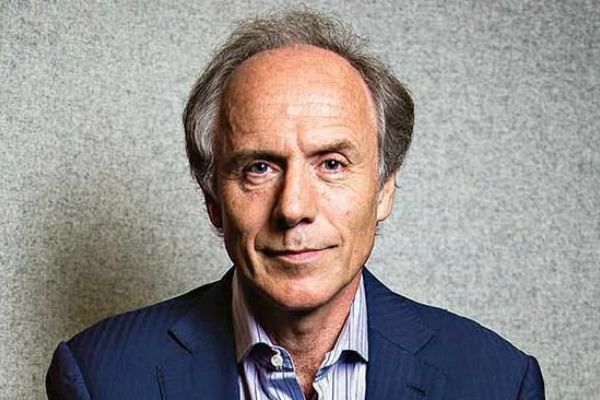
ENVIRONMENT
- Greg Foyster
- 22 June 2017
6 Comments
If politics is theatre, climate politics is a family drama. For the last decade we've watched two rival households having the same endless argument. Political journos call it the 'climate wars' and mostly focus on the lead actors standing in the spotlight - in the Western narrative tradition, characters drive events. Almost no one has noticed the scenery change. Stagehands dismantled the backdrop years ago, but politicians have carried on as if the same circumstances existed when they started this charade.
READ MORE 
-

AUSTRALIA
- Michele Madigan
- 06 June 2017
11 Comments
In 1978 Kaurna/Narungga woman, Georgina Williams, said to me that Aboriginal people tend to be first on the receiving end of governmental oppressive practices and, when that works, the practices are extended to other poor Australians. Thirty-nine years later, almost every day brings new evidence of a relentless campaign against the poor, of which Cashless Cards are but one particularly vindictive example.
READ MORE 
-

AUSTRALIA
- Frank Brennan
- 31 May 2017
6 Comments
Indigenous leaders this last week have called for the creation of two new legal entities. They want a First Nations Voice enshrined in the Constitution, and a Makarrata Commission set up by legislation. The Makarrata Commission would supervise agreement making between governments and First Nations and engage in truth telling about history. The envisaged destination is a national Makarrata (or treaty). So the immediate constitutional issue is the creation of the First Nations Voice. There is no point in proceeding with a referendum on a question which fails to win the approval of Indigenous Australia. Neither is there any point in proceeding with a referendum which is unlikely to win the approval of the voting public.
READ MORE